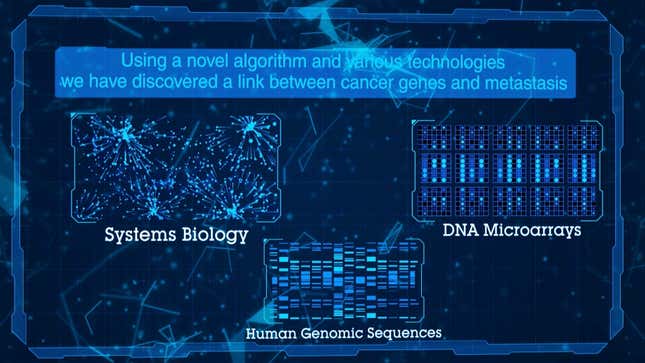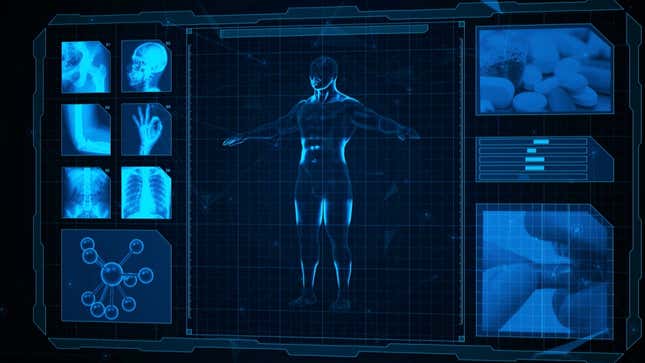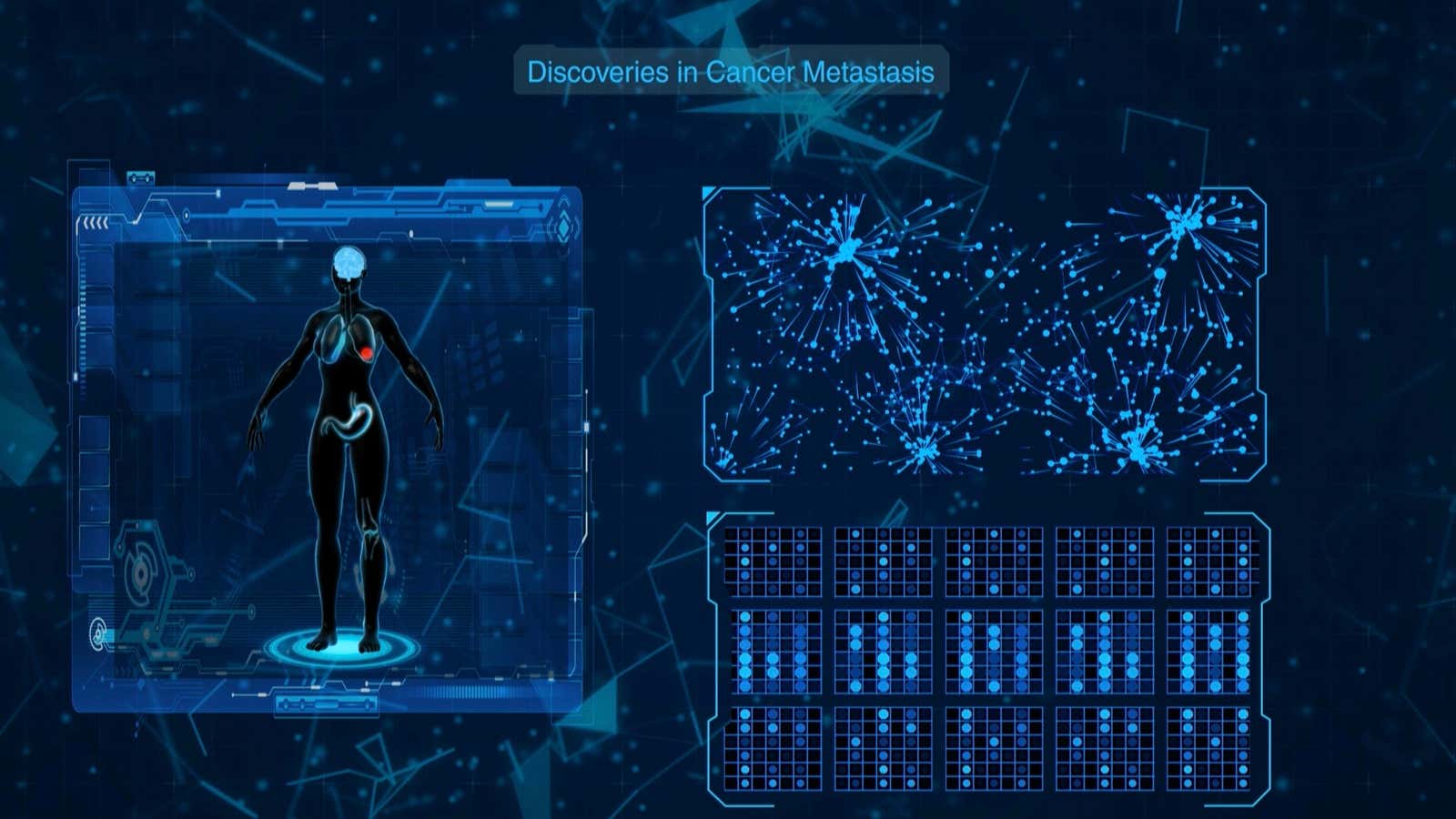In a newly built innovation hub on Johannesburg’s trendiest block, 20 young scientists from eight different countries stare intently at their computers in a hackathon unlike any other. The code they’re trying to crack isn’t the password of a high-ranking official or executive’s email. Their cause is much more noble: they’re trying to figure out how to beat the deadly, drug-resistant malaria that has become a global scourge.
The hackers are working to understand why a strain of malaria in southeast Asia is developing a resistance to artemisinin-based drugs—so far the most successful treatment for the disease that killed 438,000 people in 2015, with 90% of them in Africa, according to the World Health Organization (WHO). In an effort to come up with a new treatment combination, the hackers are studying the genomic makeup of this malaria strain. They’re all gathered in IBM’s new research lab in Johannesburg (the second on the continent after the Nairobi lab built in 2013) in the University of the Witwatersrand’s new Tshimologong innovation precinct in Johannesburg’s now trendy inner-city.
It’s just one of the ways data—from both inside and outside the body—and IBM’s cognitive computing system Watson, are being leveraged to cure illnesses and lift the burden of disease in Africa. At a recent five-day hackathon, medical researchers from around the world joined forces to work through data mapping solutions to malaria. Other more long term research projects are also using data to treat diseases like cancer and tuberculosis.
Kenyan Biologist Geoffrey Siwo graduated from university a decade ago, and in that time, his field has changed significantly. Siwo expected to spend his life working in labs, assessing blood samples, and parasite specimens. Instead, “in our own short lifetime in biology we’ve seen this transformation from doing biology the traditional way in a lab to the potential that lies in modelling biological problems on computers,” says Siwo. But it’s a happy surprise: working in dry labs on data-based project will, he believes, facilitate the sort of speed, lower costs, and increased collaboration needed to solve some of Africa’s major healthcare challenges.
Tracking tuberculosis
Zimbabwean Darlington Mapiye is another biologist from Siwo’s generation. His work focuses on tuberculosis, a bacterial infection that affects the lungs and afflicted 9.6 million people globally in 2014, according to WHO (pdf).
Mapiye will analyze data collected from wearable headbands and wristbands given to patients who have been diagnosed with TB. The tracking devices (which will come in a variety of colors to match various outfits and help patients avoid stigma) are designed to help public health officials better understand the network the airborne disease creates as it passes through communities.
If the project moves from research to implementation, it should allow healthcare practitioners to carry out targeted vaccinations based on contraction and transmission profiles created by mapping the data, rather than random vaccination drives, says Mapiye. The ultimate goal of the project is to lower the number of “missing cases” of TB—WHO estimates that about three million or 37% of all TB cases “go missing” because they are not diagnosed or properly treated.
“The opportunities for this kind of technology are vast,” says Mapiye. He is coordinating with health groups that work with communities that have high infection rates in Johannesburg and hopes to expand the program to rural areas and mining districts, where TB infection is high.
Mapping cancer
Siwo and his team of researchers are trying understand how cancer cells move from where they originated, and migrate to other parts of the body, a process known as metastasis. A better understanding of metastatic cancer would have massive public health impact, as metastasis reduces a cancer patient’s survival rate significantly.
Siwo sees his work as drawing up the cartography of cancer in the body: mapping the genetic “routes” between cells that create a shortcut for cancer-spreading cells.
Siwo’s team developed an algorithm that studies certain biological markers—characteristics left behind by metastasizing cancer cells—in order to create a molecular map of the cell. Those maps, they hope, will identify the genetic variants that lead to the mutations that encourage cancer cells to metastasize. And once they have those maps, there’s a chance researchers could find a way to develop treatments that block the genetic routes that enable cancer cells to metastasize.

“You can imagine the impact that maps of the world have had on the ability of humans,” says Siwo. “Something equally magical is happening in biology.”
So far, their algorithm has made a surprising discovery potentially linking malaria and cancer. While the two diseases are unrelated, there is a close distance between the genetic variant that lead to metastasis and the genetic variant that aids malaria resistance. Many Africans, it turns out, have developed a gene variant that provides some protection against malaria infection, but that gene could also drive metastasis, especially in breast cancer patients.
They’ve presented their research to the American Association for Cancer Research and it is currently undergoing peer review. If successful, this discovery could one day create a personalized molecular map for each patient. It will take some time, but Siwo has already has designed a model of what such a map would look like:

Another area of Siwo and colleagues’ research at the IBM lab in Johannesburg seeks to reduce the five-year lag time that currently exists in reporting cancer statistics. Working with the South Africa’s National Cancer Registry, the IBM lab’s scientists will try to compile existing statistics and automatically update and store pathology reports on a shared network that will also analyze the collected data. With cancer on the rise in Africa, data could help the continent respond to a health burden it is still unprepared for.
